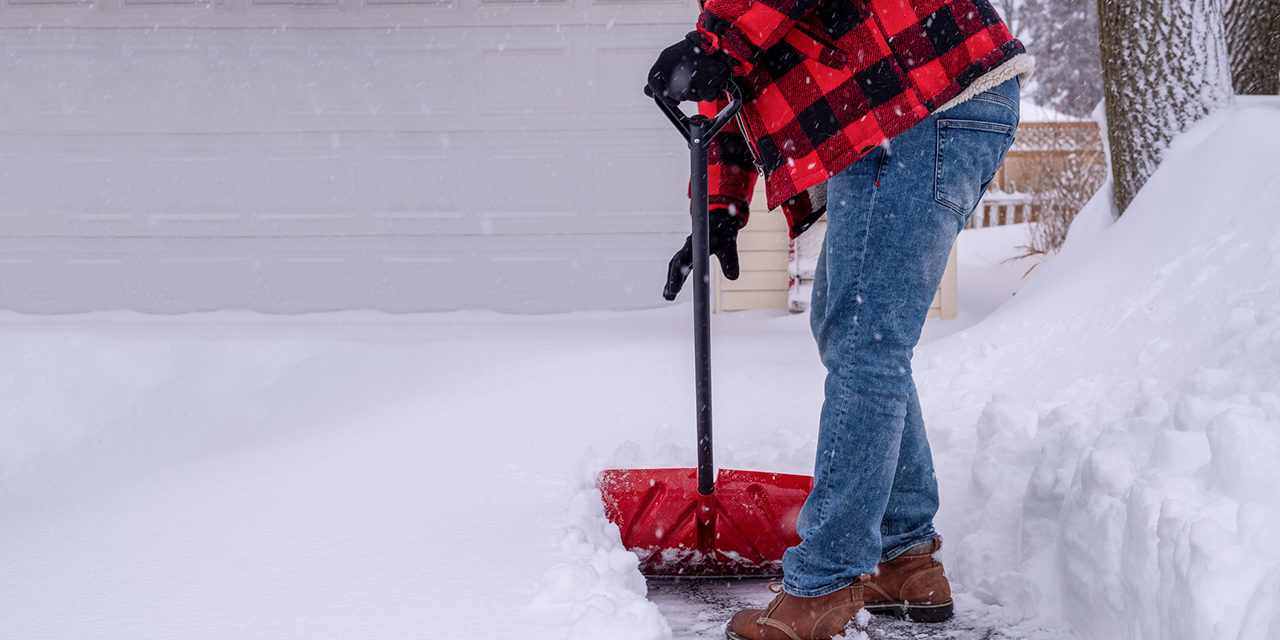If heavy snowstorms are in your weekly forecast, chances are you’re preparing yourself for a hefty shoveling workout once the skies clear. Shoveling can actually be a great form of exercise, if you are up to the task. In fact, studies show that shoveling is similar to being at “peak exercise” on a stress test.
Proceed With Caution
For some, however, shoveling may be too strenuous on the heart. Cold air constricts blood vessels, so your body works harder to pump and circulate blood. Combine that with the exertion of shoveling, and you could be at risk for a heart attack.
While shoveling itself is not bad for you, the conditions in which you shovel are. Heavy, wet snow, cold temperatures, and sudden exertion combined with a sedentary lifestyle could cause trouble for people with existing heart conditions.
Tips For Healthier Snow Shoveling
If you have an existing case of cardiovascular disease, high blood pressure, or an abnormal heartbeat, it’s best to have someone else handle the clean-up. Ask a neighbor or relative for help, or use a snow blower if it’s not too much effort to maneuver.
If you are unable to ask for help, consider the following tips to ensure you stay safe while shoveling.
- Dress appropriately to stay warm
- Stretch your body
- Stay hydrated
- Take frequent breaks as needed
- Don’t push yourself too hard
- Don’t eat a heavy meal or drink alcohol
Most people don’t realize it, but digesting large meals can put a strain on the heart and drinking alcohol thins your blood, making you feel colder faster.
Stay Smart In The Snow
If you have an existing heart condition, be aware of how your body is feeling during and after shoveling. Shortness of breath, pain radiating down your arm, or light-headedness are all signs of a heart attack. If you experience any of these warning signs, do not wait to seek medical help.
Find a Cardiologist Near You
Call (716) 706-2113
Find a Cardiologist Near You
Call (716) 706-2113





